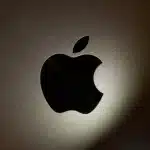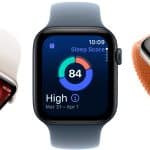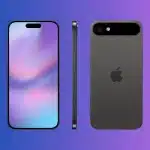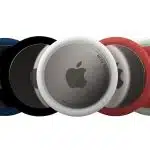Apple’s latest Transparency Report reveals 277 government requests for iPhone push-notification data in the first half of 2024—almost twice the 158 logged a year earlier. Each request sought metadata tied to “push tokens,” unique IDs that link an app to a user’s Apple ID.
Approval rate plummets after policy shift
Despite the surge, Apple tightened the tap. The company granted just 59 % of requests by June 2024, down from 76 % in early 2023. A key reason is a December 2023 rule that now demands a judge’s order—rather than a simple subpoena—before Apple will release push-notification records.
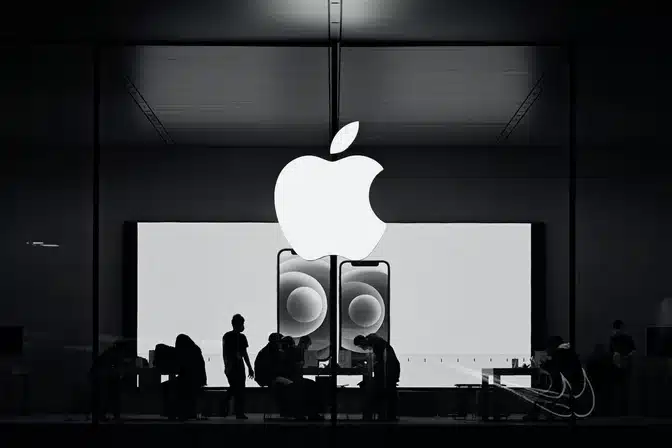
U.S. and U.K. lead the pack
From July to December 2023, U.S. agencies filed 99 requests covering 345 tokens and received data in 65 cases. The U.K. asked 123 times and succeeded in 111. Six months later, the U.S. won data in only 36 requests, while the U.K. still secured 127 disclosures. Overall, Apple’s global approval rate fell to just 28 % by mid-2024.
Israel’s bulk bid rejected
One outlier came from Israel, which sought information on 694 tokens in a single filing—likely a bulk surveillance request. Apple denied the entire petition, underscoring its new reluctance to supply large troves of user metadata. Germany gained limited access in five cases, whereas France, the Netherlands, and Singapore were turned away completely.
Privacy tools and user tips
Apple says the stricter stance aligns with features such as App Tracking Transparency and Private Relay, all designed to curb silent data collection. Even so, push alerts still pass through Apple’s servers. Users who worry about exposure can review Settings > Notifications and disable unneeded alerts, then set preview visibility to “When Unlocked” or “Never” for sensitive apps.
Why it matters
Governments increasingly view push-token metadata as a back door into otherwise encrypted apps. Apple’s sharper scrutiny signals that the company will fight fishing expeditions, yet it also highlights how much information quietly lives behind every buzz on the lock screen.



